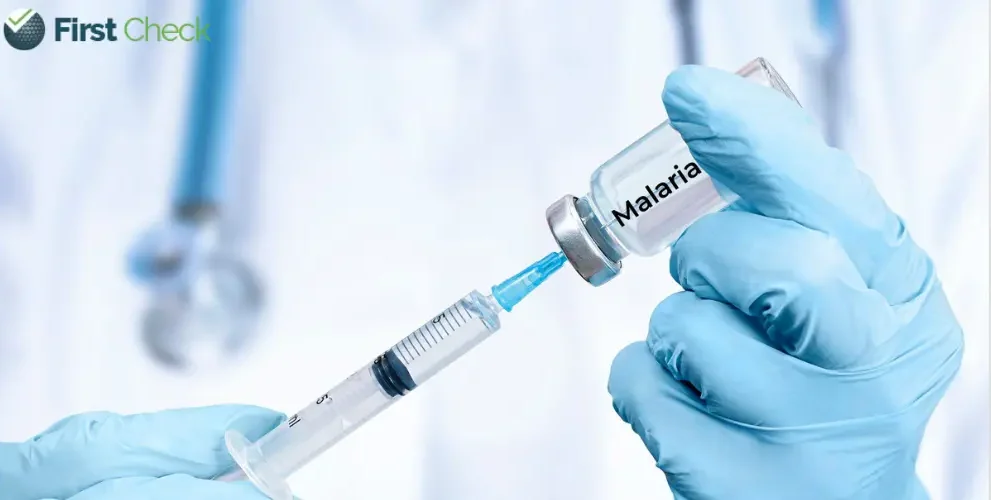Explainer: How malaria vaccines can eradicate the disease
Author
Author
- admin / 2 years

- 0
- 3 min read

Author
There are two malaria vaccines recommended by the WHO, and they act against P. falciparum, the deadliest malaria parasite globally and the most prevalent in Africa.
Nearly 249 million cases of malaria and 6,08,000 malaria-related deaths were recorded globally in 2022. The World Health Organization (WHO) African Region continues to bear the brunt of the malaria burden, accounting for 94% of cases and 95% of deaths worldwide. Children are the most vulnerable. Earlier this month, the first routine malaria vaccination campaign was rolled out in Africa, marking a historic milestone.
Currently, there are two malaria vaccines recommended by the WHO – RTS,S and R21 vaccines. The RTS,S vaccine is the maiden malaria vaccine, developed by GlaxoSmithKline (GSK) in collaboration with PATH, and was first recommended by WHO to prevent malaria in children in October 2021.
In December 2023, the WHO added another malaria vaccine to its list of prequalified vaccines. Originating from Oxford University and produced by the Serum Institute of India, R21 demonstrated a 75 per cent efficacy rate during trial periods spanning 12 months. Research indicates that R21/Matrix-M, just like RTS,S, provides a secure and highly effective vaccine for safeguarding young African children against malaria.
The malaria vaccines act against P. falciparum, the deadliest malaria parasite globally and the most prevalent in Africa. More than two million children in Ghana, Kenya and Malawi have already been vaccinated with the RTS,S malaria vaccine since 2019 through the WHO-coordinated Malaria Vaccine Implementation Programme (MVIP). Since the completion of the MVIP at the end of December 2023, the three countries will continue and expand their vaccination programmes with Gavi-supported vaccines. That apart, at least 28 African countries are planning to integrate the malaria vaccine into their childhood immunisation programmes and national malaria control strategies.
Due to sustained global efforts, several regions previously endemic to malaria, have attained a milestone of zero indigenous malaria cases for three consecutive years, with 12 countries receiving WHO’s malaria-free certification since 2015. In 2021, China became the first country in the WHO Western Pacific Region to achieve malaria-free status in over three decades. Last year, Azerbaijan, Belize, and Tajikistan were among the countries certified as malaria-free.
Malaria is prevalent in tropical regions, where the climate provides ideal conditions for the Anopheles mosquito to effectively propagate malaria parasites in its saliva, transferring them to humans through bites. Given that the insect favours waterlogged and damp environments for breeding, during the rainy season, malaria transmission rates typically increase. Hence, it is crucial to maintain good hygiene practices and adopt public health measures to mitigate the spread of the disease, along with the implementation of vaccination for children.
Read More : Cervical cancer awareness month: HPV vaccines are safe









